This article was originally published in Next City here.
Baltimore is building out the most robust support for small-scale manufacturing of any city in the nation.
One of the crucial economic lessons of the Covid-19 pandemic is the importance of diversifying local economies, even in America’s largest cities. New York City continues to struggle with an economy too heavily reliant on tourists and commuters; Las Vegas saw its entertainment industry shut down when out-of-state visitors stopped traveling; vacant storefronts are prominently visible in major business districts and on main streets nationwide.
Diversifying often implies attracting new industries by luring them from elsewhere – often a zero-sum game, if the industries are simply shifting locations within the United States.
But diversifying can more effectively mean growing new businesses and industries locally, as Baltimore is proving. The city is building out the most robust support for small-scale manufacturing of any city in the nation — and data released earlier this year shows that Baltimore is setting a new standard that should be recognized.
The effort has evolved over the past decade or so, and it’s bearing fruit at a crucial time – not only in the wake of the pandemic but of last spring’s stunning collapse of the Francis Scott Key Bridge. That tragic incident closed down Baltimore harbor for 11 weeks and caused the immediate loss of 8,000 jobs. It underscored the importance of having a broadly diversified economy, especially given the possibility of unexpected crises.
The key elements of Baltimore’s strategy are inclusive outreach and partnerships, dedicated space for production and retail, and technical assistance for micro-enterprises to grow. At the center of the strategy are small-scale manufacturing businesses, which create products, from hardware to handbags to hot sauce, that are sold in retail shops and online.
Small-scale manufacturers have the great advantage – for themselves and the local community – that they are not solely dependent on foot traffic for revenue. That makes them well-suited to neighborhoods and business districts seeking to revitalize from significant vacancies.
They typically start as home-based businesses, often building from the culture and heritage of the community, and shift to brick-and-mortar retail settings as they grow. That makes them appropriate to all communities and likely to hire people and spend dollars in the local community.
Local business ownership also helps address the racial wealth gap. Black business owners have 12 times the wealth, compared to Black community members who do not own businesses.
Nine years ago, the Baltimore Planning Department launched “Made in Baltimore” to grow the market for locally produced goods and support the people who make them. Now housed in the Baltimore Development Corporation, it engages entrepreneurial organizations and individuals to build a network of local businesses reflecting the city’s demographic diversity.
So far, it has supported more than 300 product-based businesses. Over the past five years, the number of product businesses in the city has doubled, median revenue of member businesses grew by 100%; total revenue rose by 600%; and jobs at member businesses grew by 14%. Additionally, there has been a net increase in real estate used by this sector, with a doubling of the average space leased by these businesses.
At the same time, the City created partnerships with Open Works and Innovation Works. Open Works, founded in 2016, is now one of America’s largest nonprofit makerspaces and supports over 350 jobs directly and indirectly with an annual economic output of over $34 million. Innovation Works focuses on reducing Baltimore’s neighborhood and racial wealth divide by teaching and accompanying members of disinvested communities to build and own successful social enterprises that create sustainable neighborhood economies. In 2020, Innovation Works launched Ignite Capital to fuel its growing portfolio of local product businesses, investing over $2 million in recent years.
Baltimore developers also pursued private-sector investment, making renovated flexible manufacturing space available downtown at 1100 Wicomico Street. The 416,000-square-foot building – within a HUBZone, an Opportunity Zone and an Enterprise Zone – offers entrepreneurs flexible space and support to scale their businesses. It’s home to the Baltimore Innovation Center, an ecosystem of early-stage startups and growing businesses, and to Harbor Designs and Manufacturing, which works with startups, private companies, universities and independent inventors to turn product ideas into production-ready blueprints and then put the products together right there.
Other developers are following in their footsteps to turn storefront product businesses into an attraction and draw for new investments. An East Coast real estate firm called SAA|EVI partnered with Central Baltimore Partnership on 1812 Greenmount Avenue, which opened recently to create production space for established Baltimore businesses and help ensure they don’t leave the city. Central Baltimore Partnership, in partnership with MCB Real Estate, is also investing with 22 Lanes LLC in the North Avenue Market for creative product business uses.
Three years ago, Made in Baltimore launched its Home Run Accelerator, which provides technical assistance for home-based businesses to get ready to move into a storefront. It then provides matchmaking support with property owners who have space suitable for these businesses to move into retail settings – the right size at an affordable rate in a good condition. They are actively building the pipeline of product business entrepreneurs ready to move into these spaces.
Key to the extraordinary success of Made in Baltimore is that it started with aggressive outreach to ensure inclusiveness, listened to the needs of locally owned businesses and startups, worked on creating the range of services that they need – especially flexible real estate options – and produced a strong and trusting environment of civic commitment to entrepreneurship.
America should be looking to Baltimore for more than insights from the collapse of the Francis Scott Key Bridge. The nation should look to it for a vibrant and proven model for diversifying, and revitalizing the economies of all cities – large and small.

